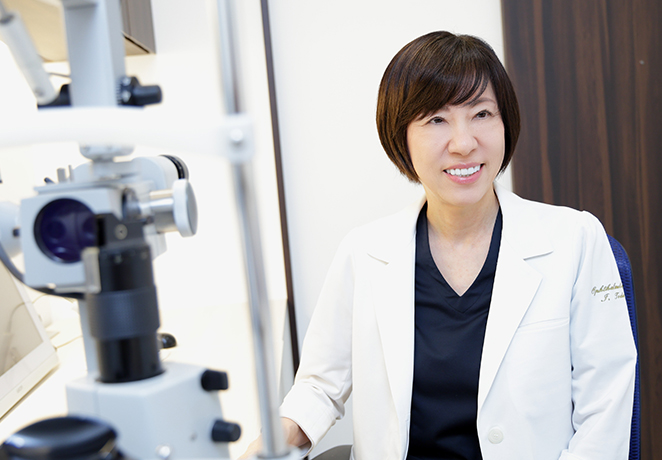News
- 2026.02.01
- Due to a power outage throughout the building, we will be closed on the morning of Sunday, March 1. The clinic will reopen as usual in the afternoon.Web reservations are also not available.
- 2025.12.21
- Due to our circumstances, reception and phone services will close at 4:30 PM on Saturday, February 14. We apologize for any inconvenience this may cause and appreciate your understanding.
- 2025.06.06
- "SMILE pro" Coming This Summer — First in Eastern Japan!
We are upgrading our refractive surgery system from the VISUMAX 500 to the latest VISUMAX 800.
With this advancement, the globally proven SMILE procedure—performed on over 10 million eyes worldwide—evolves into the more advanced SMILE pro.
Laser application and suction times have been significantly reduced, making the procedure even faster.
While retaining the key benefits of SMILE—minimal incision, high correction accuracy, and strong resistance to physical stress—the new system enables an even less invasive and more comfortable surgical experience.
SMILE pro surgery will begin on September 13.
OUR POLICY
We are committed to providing our patients with the highest quality of vision. We will strive to deliver the best possible vision care to our patients.
01
01Treatment of diseases:
We treat diseases and prevent symptoms and blindness.
Our treatment approach aims to reduce the negative impact of the disease to zero.
02
02Preventive medicine
Our preventive medicine approach focuses on early detection and treatment of diseases before any symptoms appear. This helps to maintain a normal state of health.
03
03Positive medical care
We offer vision correction treatments and anti-aging medicine to help improve our patients’ quality of life.
MENUInformation about medical treatment
SPECIAL
TREATMENT
First in Eastern Japan!
The new refractive surgery, SMILE pro, has finally arrived.
With a minimal incision, the procedure is now faster and gentler on the eyes.
Surgery is quicker and more comfortable than ever.
Experience clear vision with SMILE pro, the next-generation laser eye surgery.
introduction
ICL Expert Instructor Enrollment
Dr. Miki is one of only 14 people in Japan who have been certified as expert instructors for ICL. We are proud to have Dr. Miki as a part of our team.
ICL ExpertInstructor
TREATMENT03
PTK
-
Dry eye Dry eye is a very common disease with various symptoms, including dryness, eye fatigue, irritation, stinging, redness, excessive tearing, and discharge.
Most of the current treatments available worldwide are available at our clinic. -
Keratoconus Keratoconus is a condition in which the center of the cornea becomes thin and protrudes forward, causing irregular astigmatism and loss of vision. We offer a wide range of contact lenses, such as hard contact lenses specially designed for keratoconus, hybrid contact lenses, and scleral Lenses. We also provide corneal crosslinking, which halts the progression, intracorneal rings, and keratoplasty.
More -
Suppression of myopia progression We provide a wide range of methods to prevent myopia progression inchildren, including the prescription of adequate spectacles, eye drops, special contact lenses, supplements, and orthokeratology treatment.
-
Retina Retinal diseases include retinal hemorrhage, retinal break, age-related macular degeneration, diabetic retinopathy, and retinal detachment, often causing severe visual loss.
Our retina specialists perform intra-vitreous injections and surgeries for various retinal diseases.
-
Glaucoma Glaucoma is a disease in which the optic nerve is damaged, and the visual field in that area is missing. It is crucial to have a routine examination for early detection of this condition.
Our glaucoma specialists provide various treatments when laser treatment or surgery is necessary. -
Corneal transplantation A corneal transplantation, also known as a keratoplasty, is a surgical procedure in which all or part of a damaged or diseased cornea is replaced with healthy donor tissue. This procedure is typically used to treat corneal scarring, keratoconus, or corneal dystrophies. Corneal transplantation can be performed as a full-thickness or partial-thickness procedure, depending on the parts of the corneal damage. We perform corneal transplantation on an elective and outpatient basis using donor corneas from the USA's eye banks.
-
Ptosis Ptosis is a condition in which the upper eyelid droops down and covers the pupil of the eye. Ptosis can be caused by a variety of factors, including aging, trauma, a neurological disorder, or a congenital disability. Our specialist treats ptosis with surgery, which typically involves tightening or repositioning the muscles and tendons that support the eyelid.
-
Second opinion Suppose you seek a second opinion due to unsatisfied results with your previous treatment at another clinic. In that case, we provide some advice to the patient and their family, help clarify a difficult diagnosis, or provide additional options and alternatives for treatment based on our accumulated knowledge and experience.
PREVENTION
In regular health check-ups, it is not possible to diagnose three major causes of blindness: glaucoma, diabetic retinopathy.
At our clinic, we offer eye exams conducted by experienced doctors to assist in early detection and prevention of these diseases.


